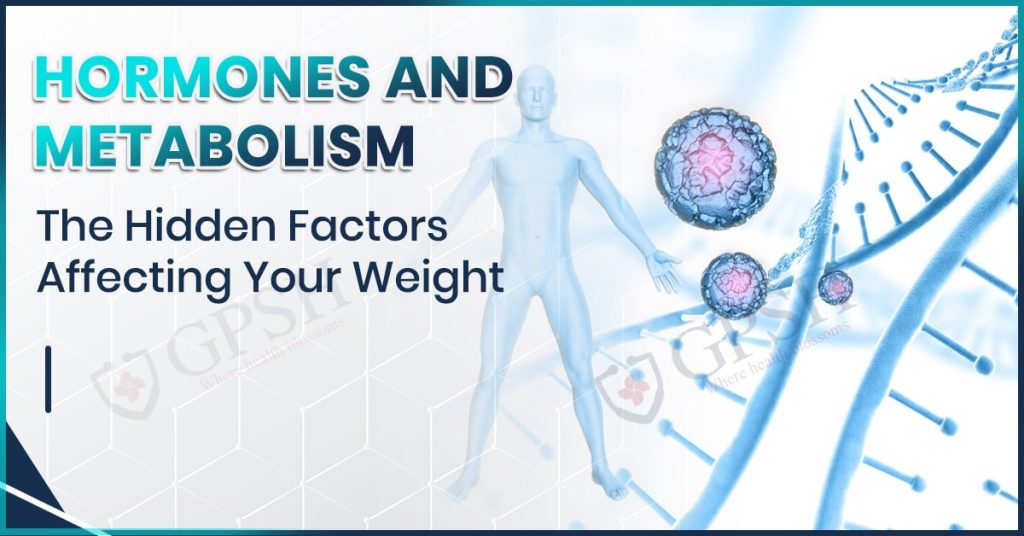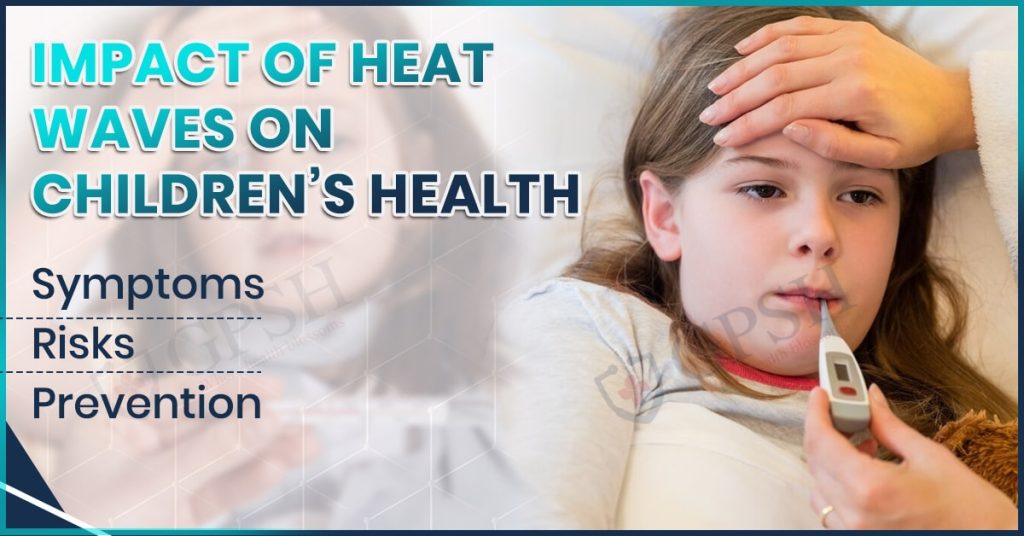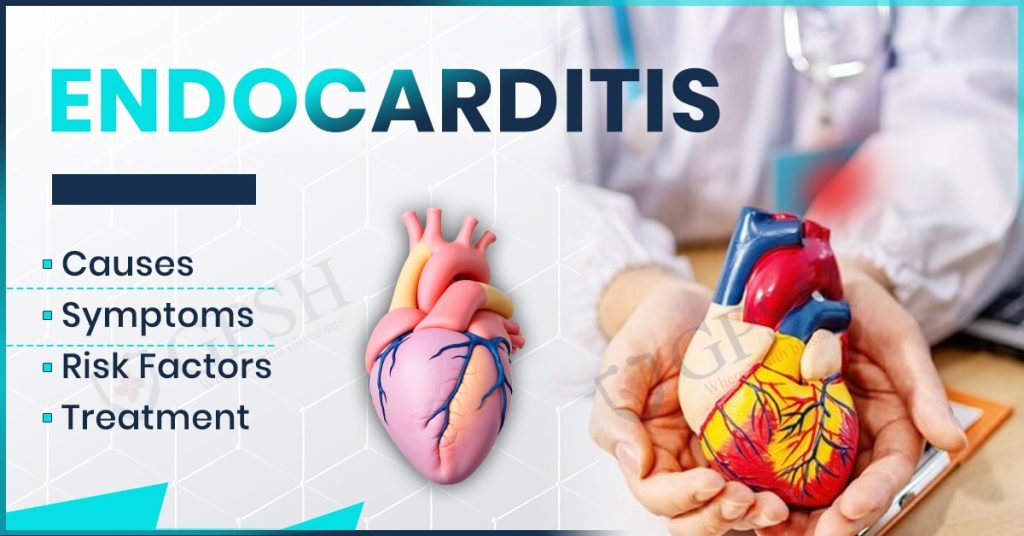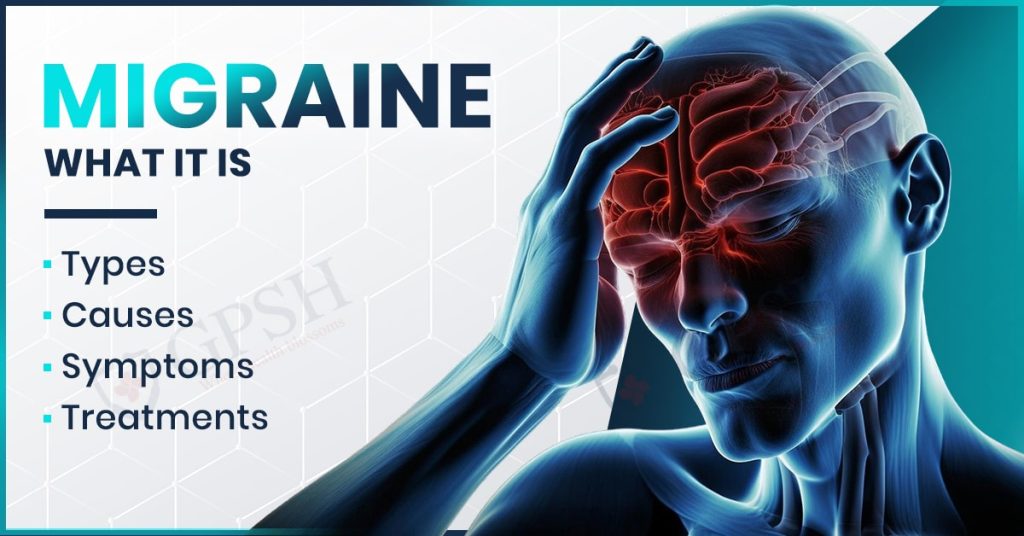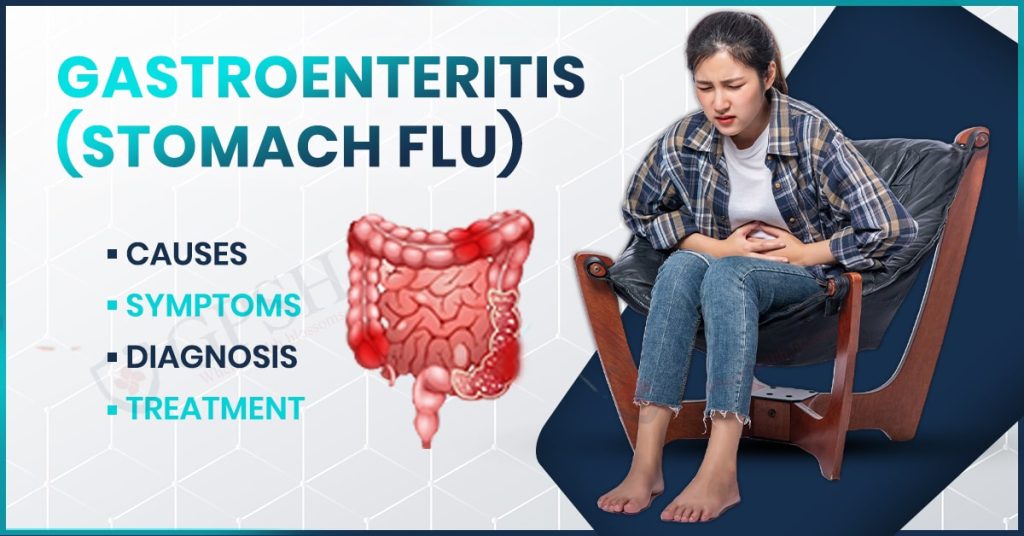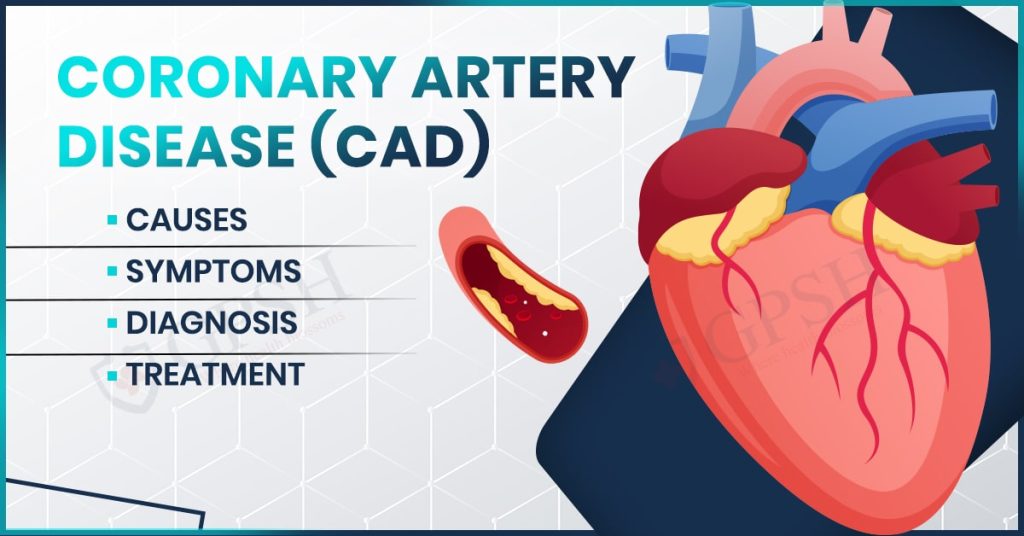Hormones and Metabolism: The Hidden Factors Affecting Your Weight
Introduction
Of course, diet and physical activity are the weight practitioners’ main concerns while overlooking metabolic hormone systems that are quite vital. These hidden factors play a tremendous role in dictating the deposition of fat, with calorie-burning and hunger-satiety interaction.
A healthy individual can go through considerable difficulty in weight loss due to the effects of hormone imbalance or sluggish metabolism. Insulin, cortisol, and thyroid hormones affect the metabolic rate and fat distribution of the body. A greater understanding of the dynamics of hormones and metabolism would give valuable insight into unexplained gain/loss and encourage the development of a more effective, personalized strategy for weight management.
The Role of Hormones in Weight Management
Weight management is fundamentally influenced by hormones that regulate appetite, metabolism, fat storage, and energy balance. Irregularities of certain hormones may have an observable impact on an individual’s ability to gain or lose weight. Various hormones affect weight as follows:
- Insulin: It is secreted from the pancreas and helps to regulate blood sugar levels and fat storage. Increased fat storage and more difficult weight loss are usually the result of high insulin levels caused by insulin resistance. A diet high in refined carbohydrates and sugars can raise insulin levels.
- Leptin: Leptin is made by fat cells. When energy stores are sufficient, it signals the brain to decrease appetite. In obesity, leptin resistance may develop if the brain stops responding to leptin signals, and overeating occurs.
- Ghrelin: Secreted from the stomach and named the “hunger hormone,” it creates appetite. It increases in anticipation of a meal and falls after food intake. When it is almost always elevated, ghrelin can cause unending hunger and weight gain.
- Cortisol: This stress hormone, released from the adrenal glands, affects appetite and cravings for high-calorie foods when elevated for a long period due to chronic stress, leading to the accumulation of fat in the abdomen.
- Thyroid Hormones (T3 and T4): Hormones synthesized from the thyroid gland that control metabolism; low thyroid function (hypothyroidism) causes a slowing down of metabolism to weight gain.
- Estrogens and Progesterone: In females, lower progesterone-to-estrogen ratios-witnessed particularly during menopause-are implicated as influential in body fat distribution, metabolic rate inhibition, and therefore weight gain.
- Testosterone: In both males and females, it helps preserve muscle mass and promotes fat metabolism; low testosterone is associated with increased body fat and decreased muscle mass.
- Peptide YY (PYY) and GLP-1: Gut hormones that signal energy needs after eating and contribute to appetite suppression. Higher levels of PYY and GLP-1 act in favor of promoting satiety and can aid in weight maintenance.
You can read also:- Impact of Heat Waves on Children’s Health: Symptoms, Risks, and Prevention
Key Hormones That Affect Metabolism & Weight
A snapshot of the main hormones affecting metabolism and weight:
- Insulin: Responsible for modulating blood sugar levels and storing fat; raised levels would translate into increased fat gain and insulin resistance, thereby complicating weight loss.
- Leptin: Under optimal fat stores, it gives a signal to the brain for appetite suppression; leptin resistance allows for constant hunger even when body fat is sufficient to satisfy energy needs, leading to overeating.
- Ghrelin: Stimulates appetite and is released in anticipation of feeding times; if ghrelin levels remain high for extended periods, this will, in turn, promote appetite and weight gain.
- Cortisol: Unleashed by stress constitutes energy management for the body; prolonged high levels promote cravings for energy-rich foods, increasing abdominal fat.
- Thyroid Hormones 3 and 4 (T3 and T4): Help regulate metabolism in the body; low levels lower metabolic function, contributing to weight gain, while high levels encourage it and therefore predispose to weight loss. Estrogen maintains fat distribution and reproductive capacity in females; imbalance of estrogen, especially during menopause, can cause fat accumulation in the hips, thighs, and abdomen.Testosterone maintains muscle and fat metabolism; low testosterone raises fat storage and lowers muscle mass, particularly in men.
- PYY and GLP-1: Released after meals to minimize hunger and promote satiety; PYY and GLP-1 can further promote control of food intake and encourage weight management.
How Metabolism Affects Weight Loss or Gain
Metabolism means the process of energy conversion of the food eaten by the body. This is an important factor in determining the rate at which calories are burned, which in turn has the greatest bearing on the weight loss or weight gain abilities of an individual.
- Basal Metabolic Rate (BMR): The amount of energy in calories expended by the body at rest to maintain vital functions such as breathing, circulation, and cell repair. Higher rates of metabolism mean that the body burns calories more efficiently during rest mode. Therefore, it can help in losing weight.
- Fast vs. Slow Metabolism: People with a faster metabolism tend to burn calories more easily, while people with a slow metabolism tend to burn fewer calories, so gaining weight comes much easier for them than for others, with even moderate food intake.
- Muscle Mass: Muscle burns calories much more than fat does, even while resting. Therefore, people with more lean muscle mass tend to have their metabolism increase and weight-watching become easier.
- Age and Metabolism: An Increase in age means a natural slowing in metabolism, partly due to loss of muscle mass. This means it becomes easier to gain weight unless one is adhering to a strict diet and remains active.
- Hormones and Metabolism: Hormonal changes, including the likes of thyroid problems or high cortisol levels, can interfere with metabolism and potentially make weight loss or maintenance harder.
- The Effect of Physical Activity: Exercise can cause a transient increase in one’s metabolism and also helps build muscle, which in the long run boosts resting calorie expenditure.
- Food and Metabolism: A drastically low-calorie diet could slow metabolism, which is often referred to as the body’s “survival mode,” during a lower energy intake. Having regular, well-balanced meals is said to promote an efficient metabolism.
You can read also:- Tips to Take Care of Your Skin in Summer
Ways to Balance Hormones for a Healthy Weight
Many ways can help one balance hormones and stay at a healthy weight:
- Eat the whole foods: Concentrate on veggies, fruits, protein, good fat, and whole grains, while avoiding sugars and refined carbs altogether to keep the insulin working.
- Prioritize protein: Eat protein in every meal, as it regulates hunger hormones such as ghrelin, plus it provides muscle building that helps work with metabolism.
- Reduce stress: Use stress-reducing methods such as meditation, yoga, and deep breathing to lower cortisol levels to limit emotional eating.
- Sleep properly: Seven to nine hours of restful sleep is needed to improve hormone regulation, especially where hunger and appetite are concerned.
- Exercise regularly: Use both strength training and cardiovascular workouts to improve insulin sensitivity, burn fat, and stimulate weight management hormones.
- Avoid overtraining: Recovery time for the body is important; too much strenuous activity puts hormone balance out of kilter by boosting cortisol levels.
- Limit alcohol and caffeine: High consumption can disrupt sleep, raising stress hormones and affecting liver function, which is crucial for hormone processing.
- Stay hydrated: Drink enough water to support the metabolic functions and assist in hormonal regulation.
- Gut health: Consume probiotics in yogurt, kefir, and fermented vegetables for improved digestion and hormone signaling.
- Include healthy fats: Provide Omega-3s from fish, flaxseeds, and walnuts to support hormone formation and reduce inflammation.
- Avoid endocrine disruptors: Reduce exposure to toxic chemicals via plastics, cosmetics, and household products that distort hormonal function. Do consult a health care provider: If you experience hormonal imbalance signs like unexplained weight gain or tiredness, get a referral for proper testing and treatment.
Conclusion
To lose or gain weight, internal influences such as hormonal and metabolic states of the body would be very helpful to understand. When these internal factors enter a person, they influence the digestion of foods, fat storage, appetite regulation, and calorie burning in many ways.
Imbalanced levels of hormones like insulin, cortisol, thyroid hormones, etc., may work against one’s weight loss efforts and instead lead to the retention of weight, even when medicine and diet with exercise are properly followed.
Therefore, knowing that the functions of hormones and metabolism fall under Endocrinology makes it imperative to first get expert assistance to identify and treat anything that may be the underlying cause.
At Shekhawati Hospital, we provide complete endocrinology services that include a preliminary evaluation and customized management plan to correct hormonal imbalance and promote healthy weight management. Shekhawati Hospital could certainly bring justice to all those having issues dealing with unexplained weight change, finding treatment avenues from the inside.
Hormones and Metabolism: The Hidden Factors Affecting Your Weight Read More »


